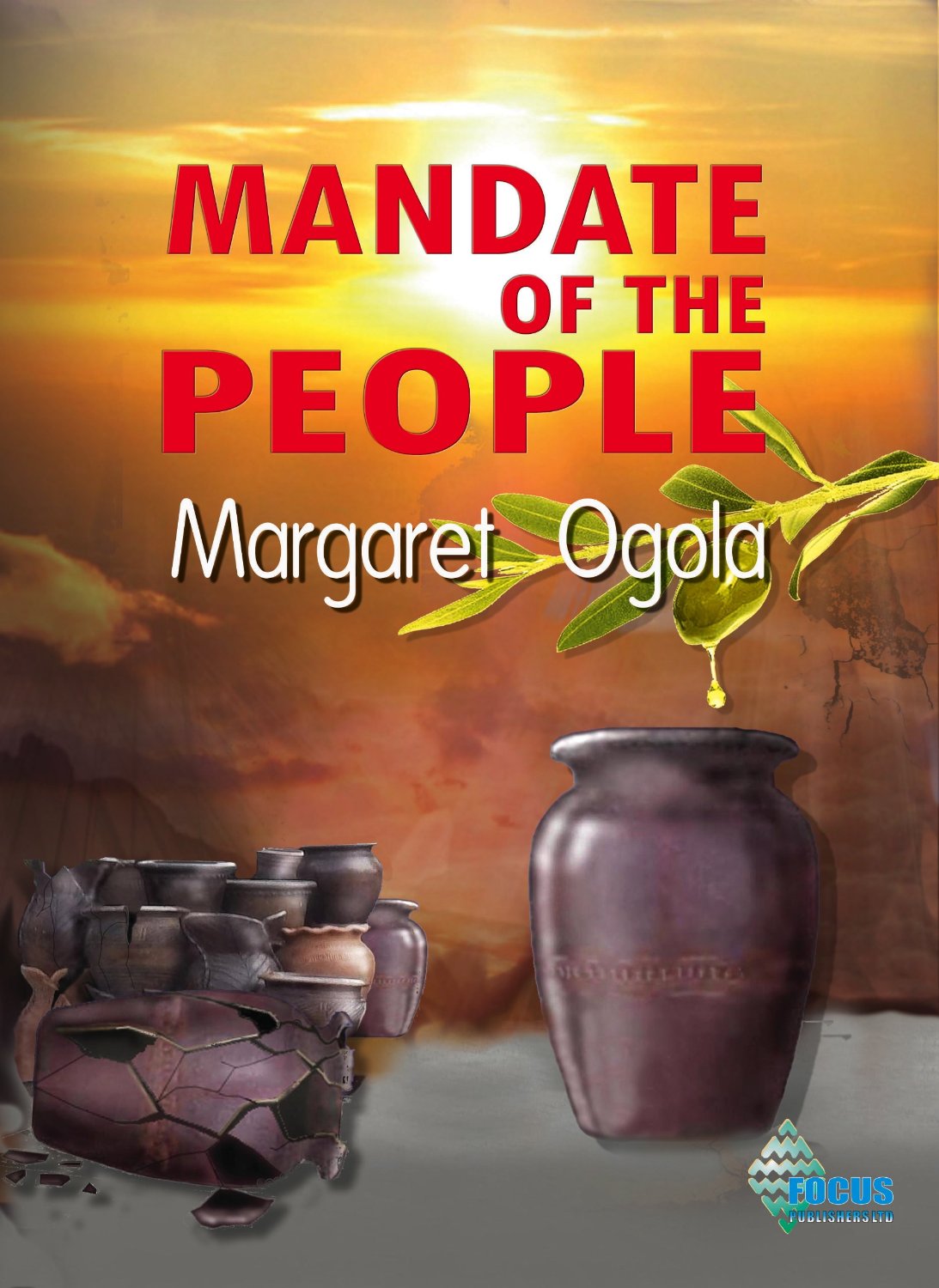In the realm of governance, the term "presidential mandate" holds substantial weight, defining the authority granted to a president to execute their agenda. This article delves into various presidential mandate examples, illustrating their significance in shaping political landscapes. Through a detailed exploration of different instances across nations, we aim to provide a clearer understanding of what a presidential mandate entails and its implications on leadership and policy-making.
The concept of a presidential mandate can vary significantly based on the political culture and legal frameworks of each country. In some nations, a mandate is derived from the electoral process, while in others, it may arise from public opinion or legislative support. This article will examine how these mandates manifest in practice, drawing on historical and contemporary examples to illustrate their impact on governance.
Understanding presidential mandates is essential for grasping the dynamics of political authority and responsibility. By exploring the nuances of this concept, we aim to equip readers with insights that extend beyond mere definitions, offering a comprehensive view of how mandates function in different contexts.
Table of Contents
- What is a Presidential Mandate?
- Importance of Presidential Mandates
- Examples of Presidential Mandates
- The Role of Public Opinion
- Challenges in Executing Mandates
- Future of Presidential Mandates
- Conclusion
What is a Presidential Mandate?
A presidential mandate refers to the authority granted to a president by the electorate to implement their proposed policies and initiatives. This mandate is often understood to be a reflection of the public's will as expressed through electoral participation. The strength and legitimacy of a mandate can influence the president's ability to govern effectively, forge alliances, and implement reforms.
Importance of Presidential Mandates
Presidential mandates play a crucial role in political systems for several reasons:
- Legitimacy: A clear mandate enhances the legitimacy of a president's actions, making it easier to rally support for policies.
- Policy Implementation: Mandates provide a foundation for implementing significant changes, especially in times of political polarization.
- Public Trust: A strong mandate can foster public trust in leadership and governance, encouraging civic engagement.
Examples of Presidential Mandates
This section explores notable presidential mandate examples from various countries, highlighting how these mandates were established and their subsequent effects.
United States Example
In the United States, a presidential mandate is often derived from electoral victories, particularly when a president wins by a significant margin. For instance, President Franklin D. Roosevelt's landslide victory in 1932 provided him with a strong mandate to implement the New Deal policies aimed at economic recovery during the Great Depression.
France Example
In France, the concept of a presidential mandate is closely tied to the electoral process. President Emmanuel Macron's victory in the 2017 election, where he garnered over 66% of the votes, granted him a substantial mandate to pursue his reform agenda, including labor market reforms and changes to the tax system.
Brazil Example
Brazil's political landscape has seen various presidential mandates, notably during the tenure of President Luiz Inácio Lula da Silva, who was elected with a clear mandate to address poverty and inequality. His administration's focus on social programs, such as Bolsa Família, exemplified the use of a strong mandate to implement transformative policies.
South Africa Example
In South Africa, President Cyril Ramaphosa's election in 2018 followed a period of political instability. His significant electoral support provided him with a mandate to tackle corruption and revitalize the economy, reflecting the electorate's desire for change after years of governance challenges.
The Role of Public Opinion
Public opinion serves as a vital component in shaping presidential mandates. High levels of public support can bolster a president's authority, while declining approval ratings can undermine their mandate. Presidents often gauge public sentiment through polls, rallies, and town hall meetings, adapting their agendas accordingly to maintain support.
Challenges in Executing Mandates
Despite the potential for strong mandates to facilitate governance, challenges often arise:
- Political Opposition: Opposing parties may resist proposed policies, leading to legislative gridlock.
- Public Expectations: High public expectations can create pressure on presidents to deliver results quickly.
- Global Events: External factors, such as economic downturns or international conflicts, can derail mandate agendas.
Future of Presidential Mandates
The future of presidential mandates may evolve as political dynamics change. Increasing polarization and the rise of social media are likely to influence how mandates are perceived and executed. Future leaders may need to navigate complex public expectations and diverse political landscapes to maintain their authority.
Conclusion
In summary, presidential mandates are integral to the functioning of democratic governance, reflecting the electorate's will and granting authority to leaders. By examining various examples from around the world, we gain valuable insights into the complexities of political leadership. Understanding these mandates encourages active civic engagement and informed discourse about governance.
We invite our readers to share their thoughts on presidential mandates and their implications in the comments section below. Don't forget to explore more of our articles for additional insights into political systems and leadership.
Thank you for reading! We hope you found this article informative and engaging, and we look forward to having you back for more discussions on governance and political issues.
You Might Also Like
Jason Kelce's Daughter Wyatt: Understanding Down Syndrome And Its Impact On FamiliesExploring The Life And Career Of Alex Landi: Partner, Actor, And Rising Star
Zach Top Wife: The Journey Of Love And Partnership
Is Donald Trump A Freemason? Unveiling The Truth Behind The Conspiracy Theories
Ryan Reynolds And Politics: A Deep Dive Into The Actor's Activism And Political Views
Article Recommendations


